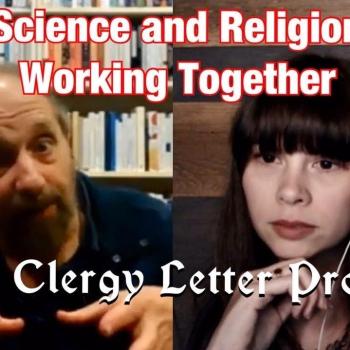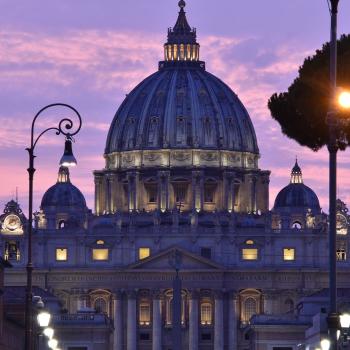Presentations and discussions were open and frank, highlighting important accomplishments, issues, and problems; areas of agreement and difference; and especially the need to recognize that differences of faith need not be an obstacle to partnership and collaboration in areas of mutual concern.
At the end of our conference, after two long and exhausting ten-hour days, we held a wrap-up discussion: "Where Do We Go from Here?" While conferences, like religious services, often witness a good number of participants who hastily depart before the end, we were delighted to see a full contingent and in fact had to finally cut off our session.
After a summary of the key take-aways from our panels and leaders' and audience members' reactions, we turned to what we could and would do to promote the ideas and initiatives discussed and then identified areas and projects to be pursued and developed in future. Many asked that contact information be provided for future collaborations and follow-up workshops, regionally and locally.
These recommendations and others were taken up the next day and will be at future meetings by the Executive Committee of The C-1 World Dialogue: Improving Relations between the Western and Islamic Worlds, whose co-chairs are Dr. Ali Gomaa Grand Mufti of Egypt and Dr. Richard Chartres, the Anglican Bishop of London.
John L. Esposito is professor of religion and international affairs at Georgetown University, founding director of its Prince Alwaleed Bin Talal Centre for Muslim-Christian Understanding and author of What Everyone Needs to Know about Islam and Unholy War: Terror in the Name of Islam.




